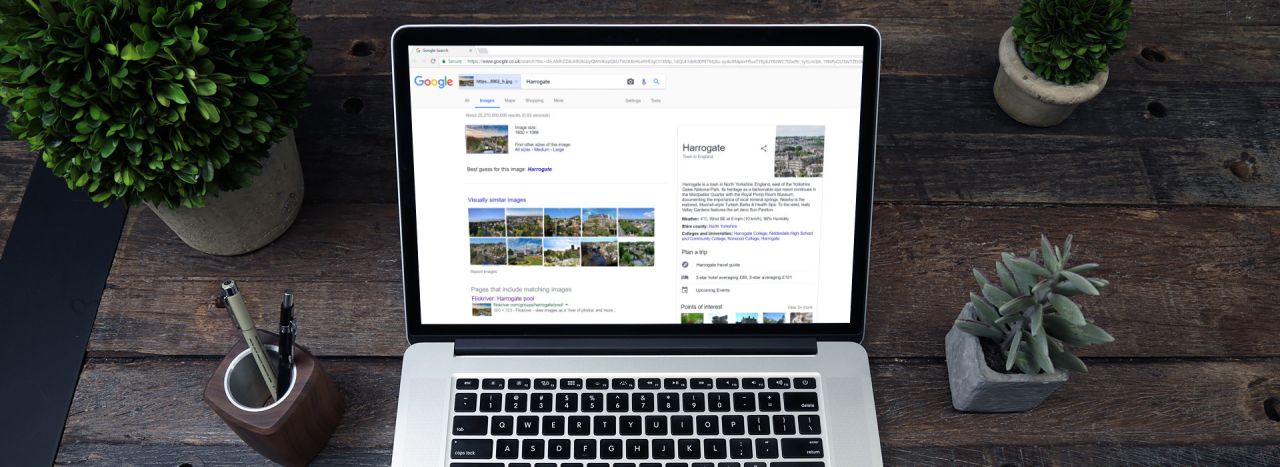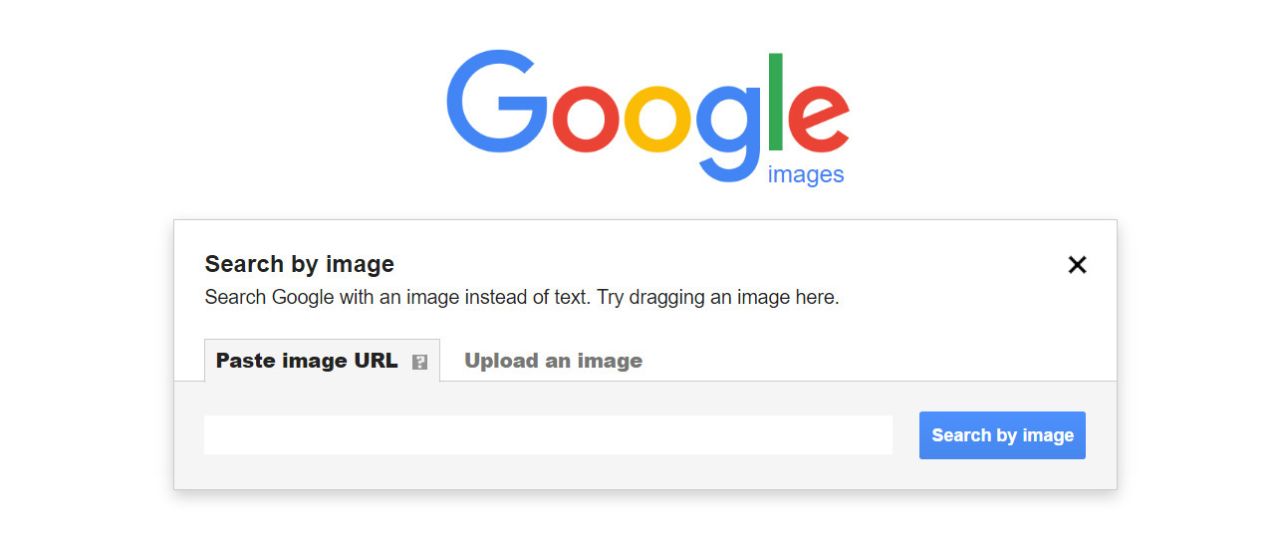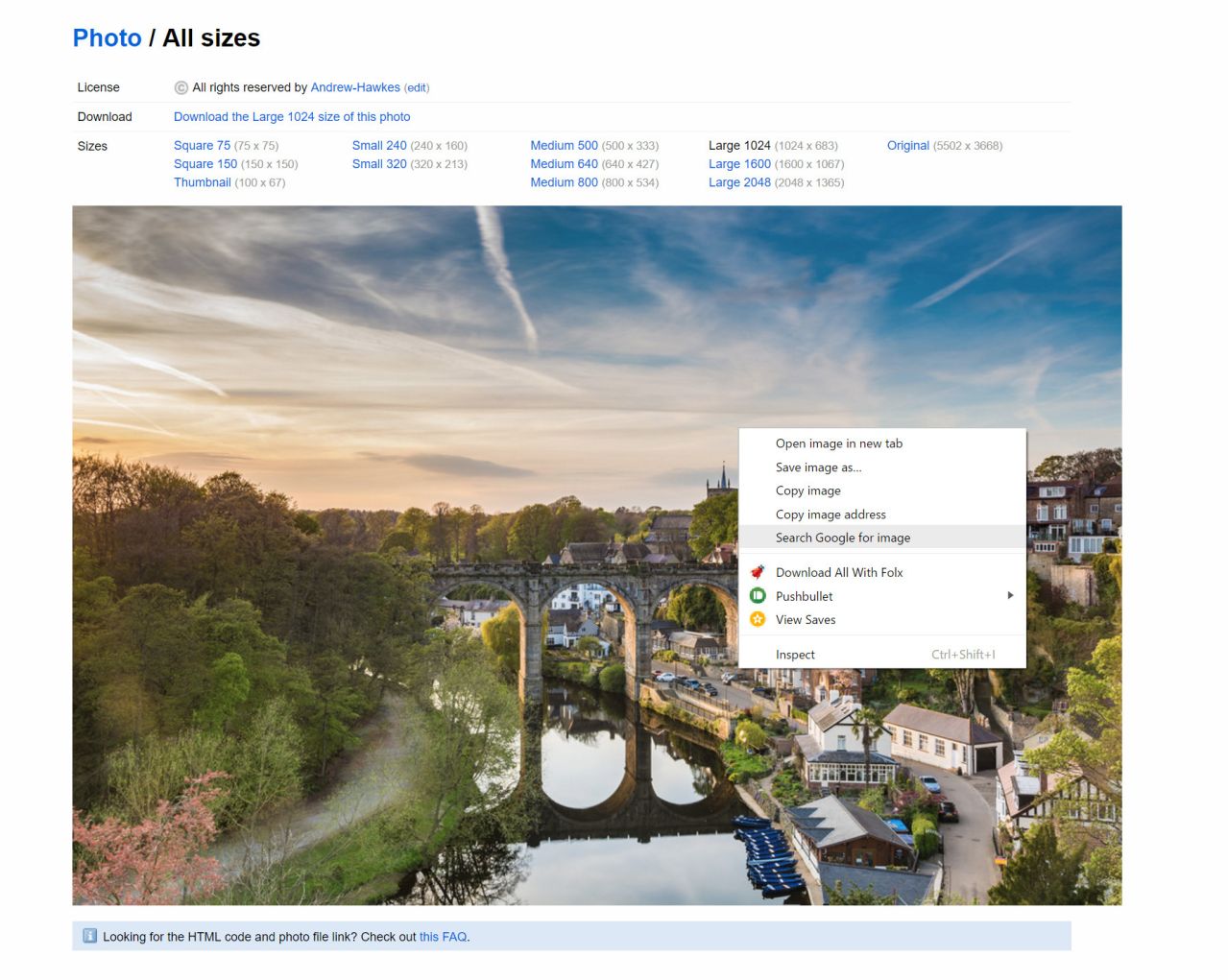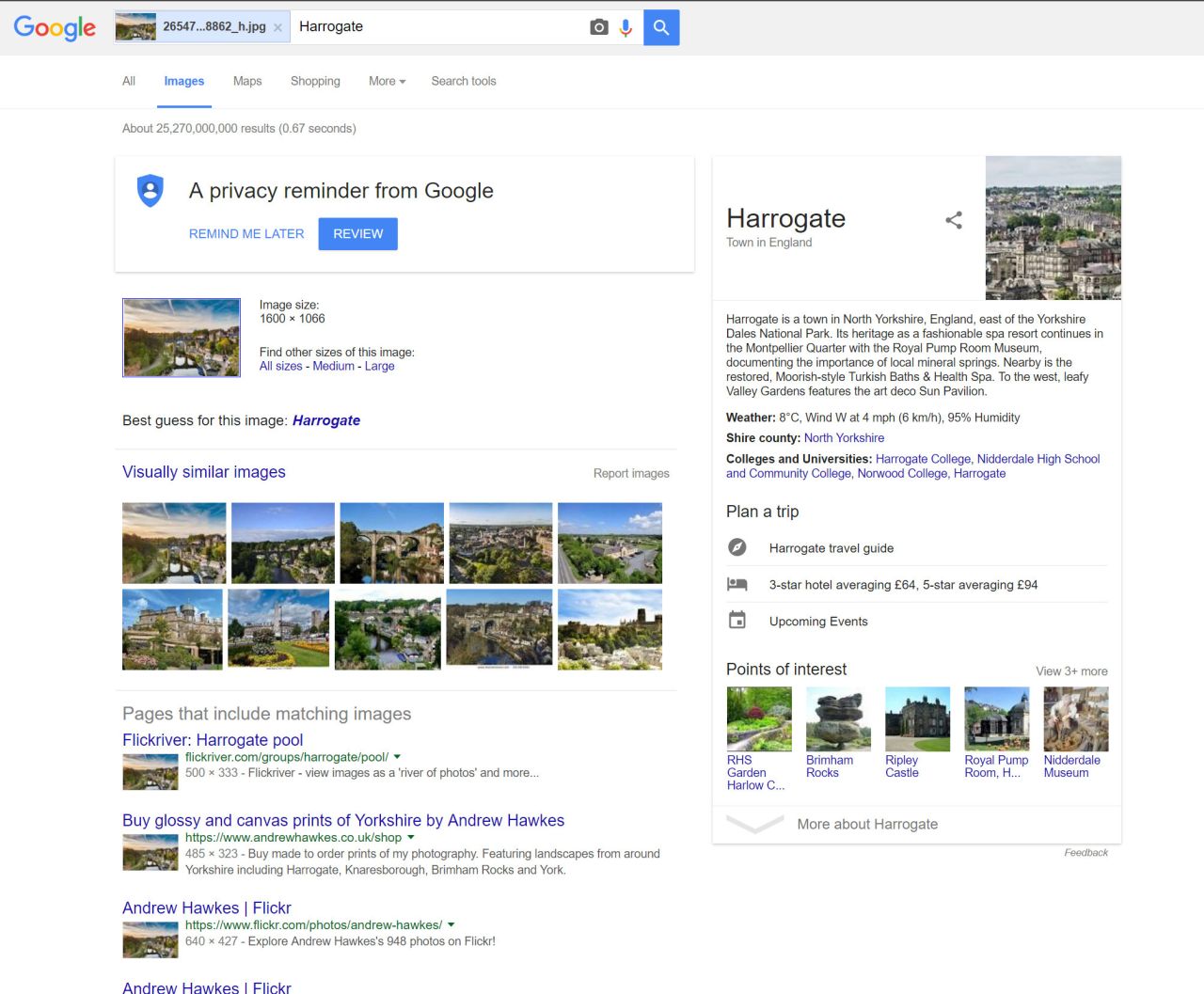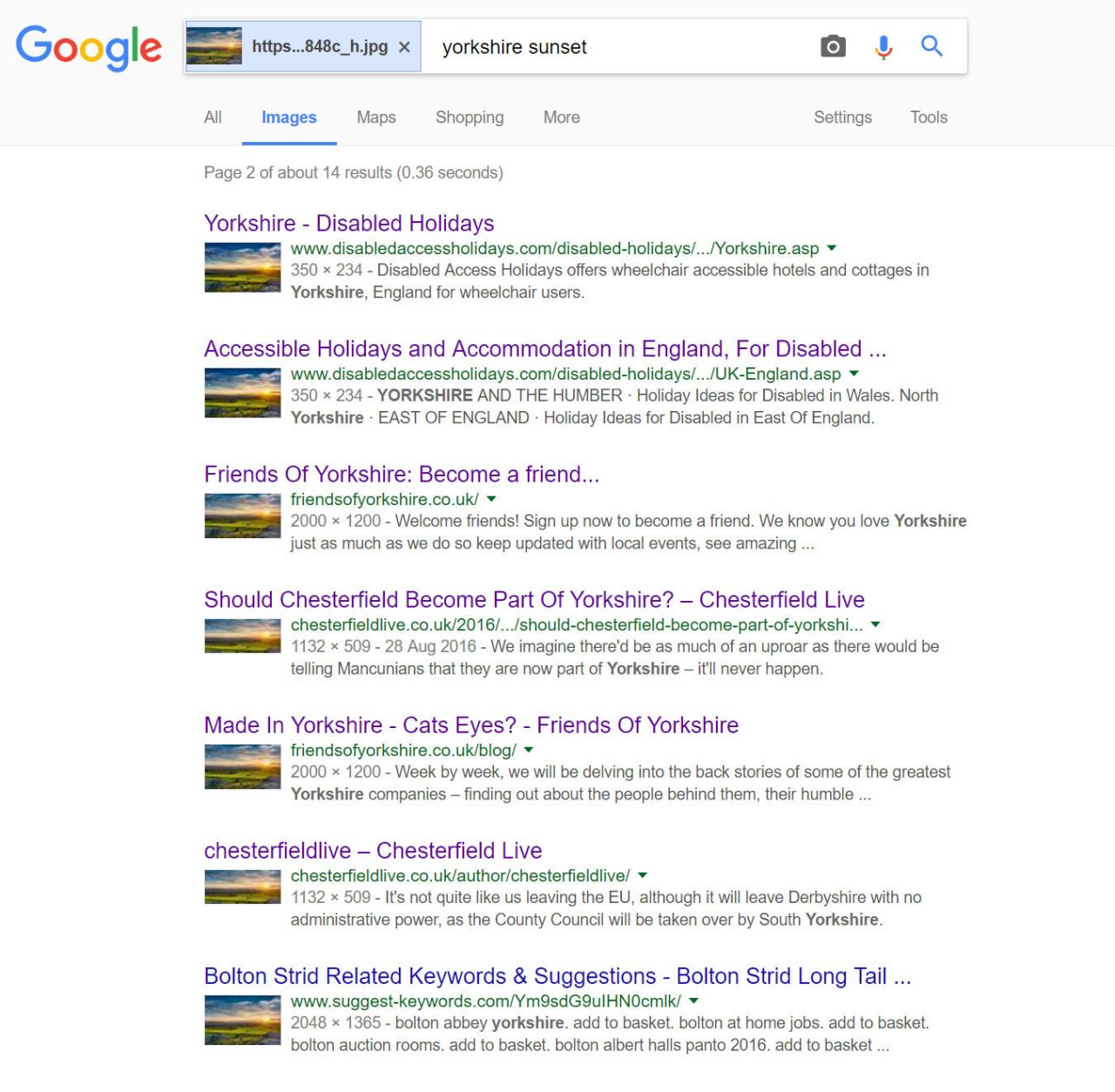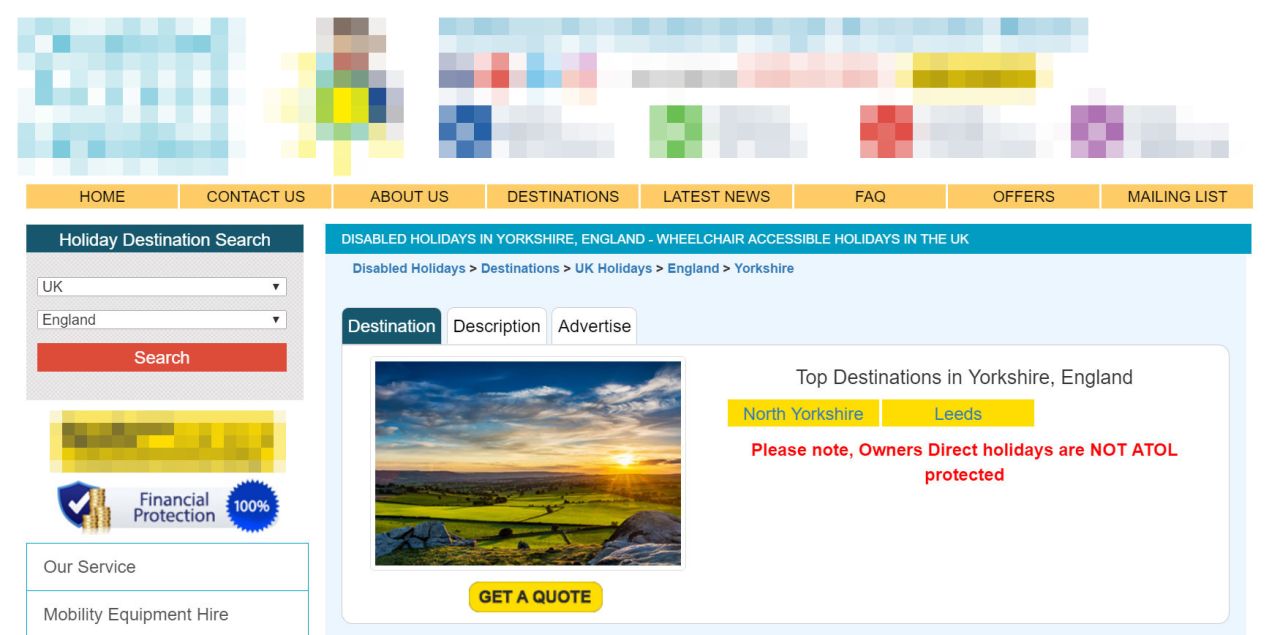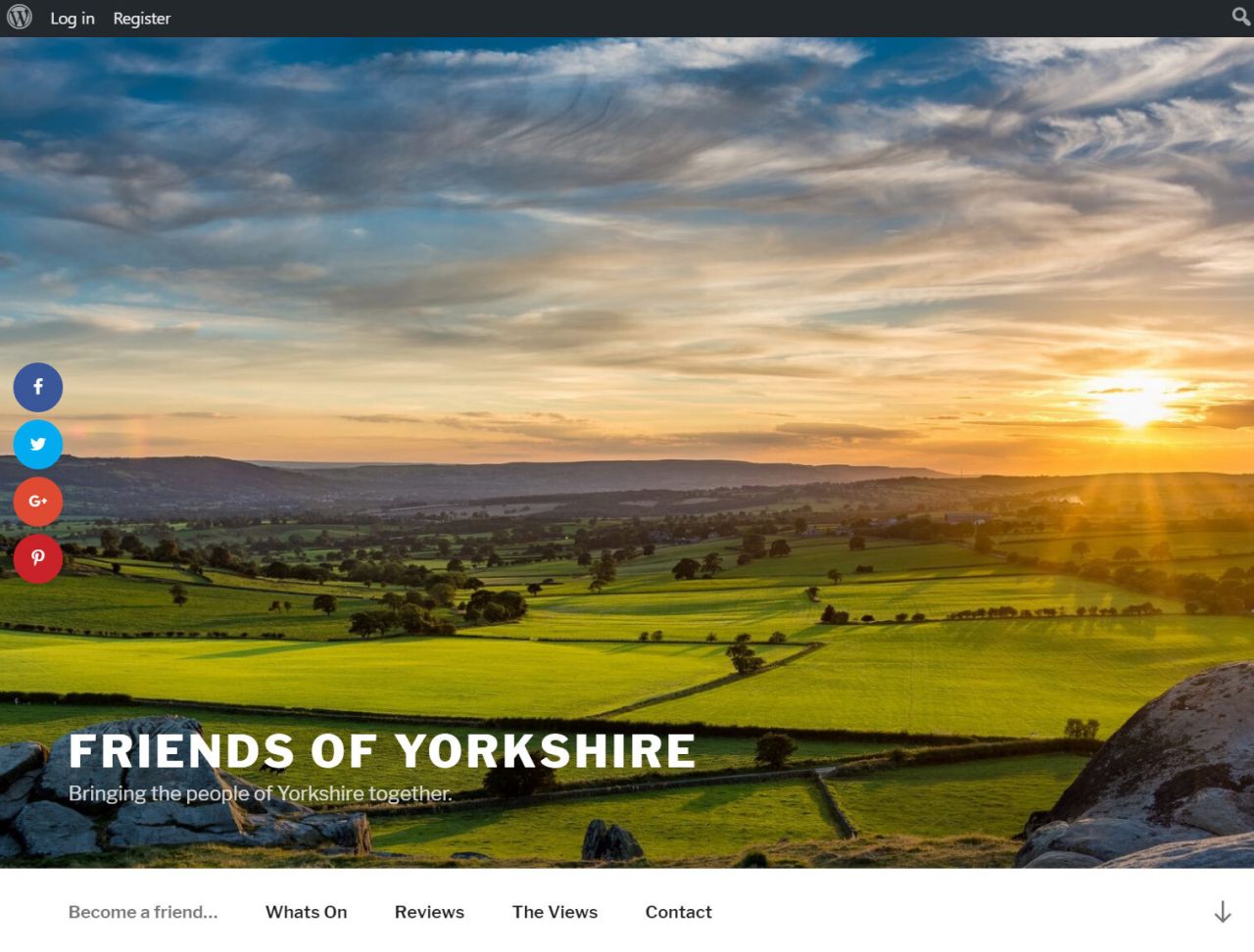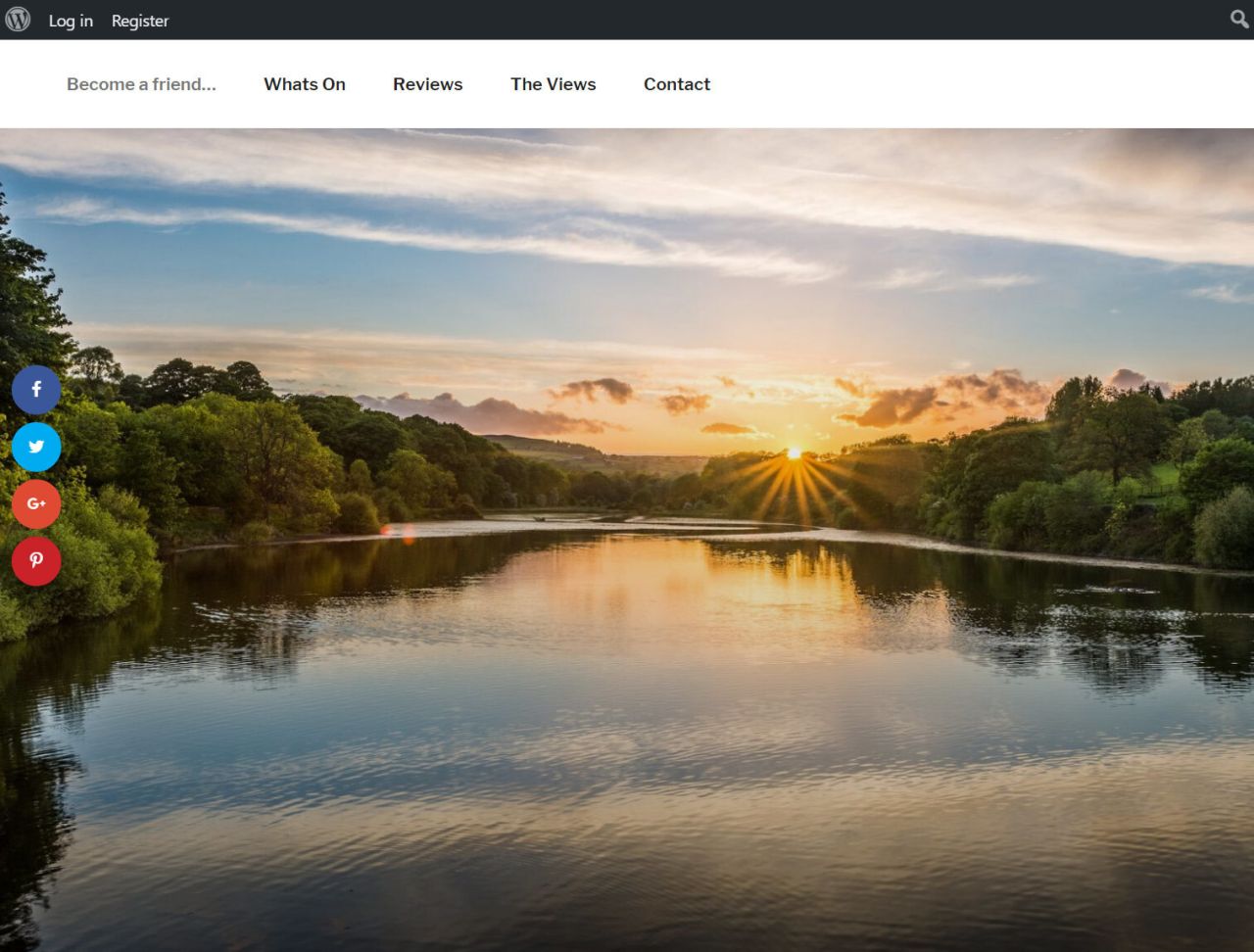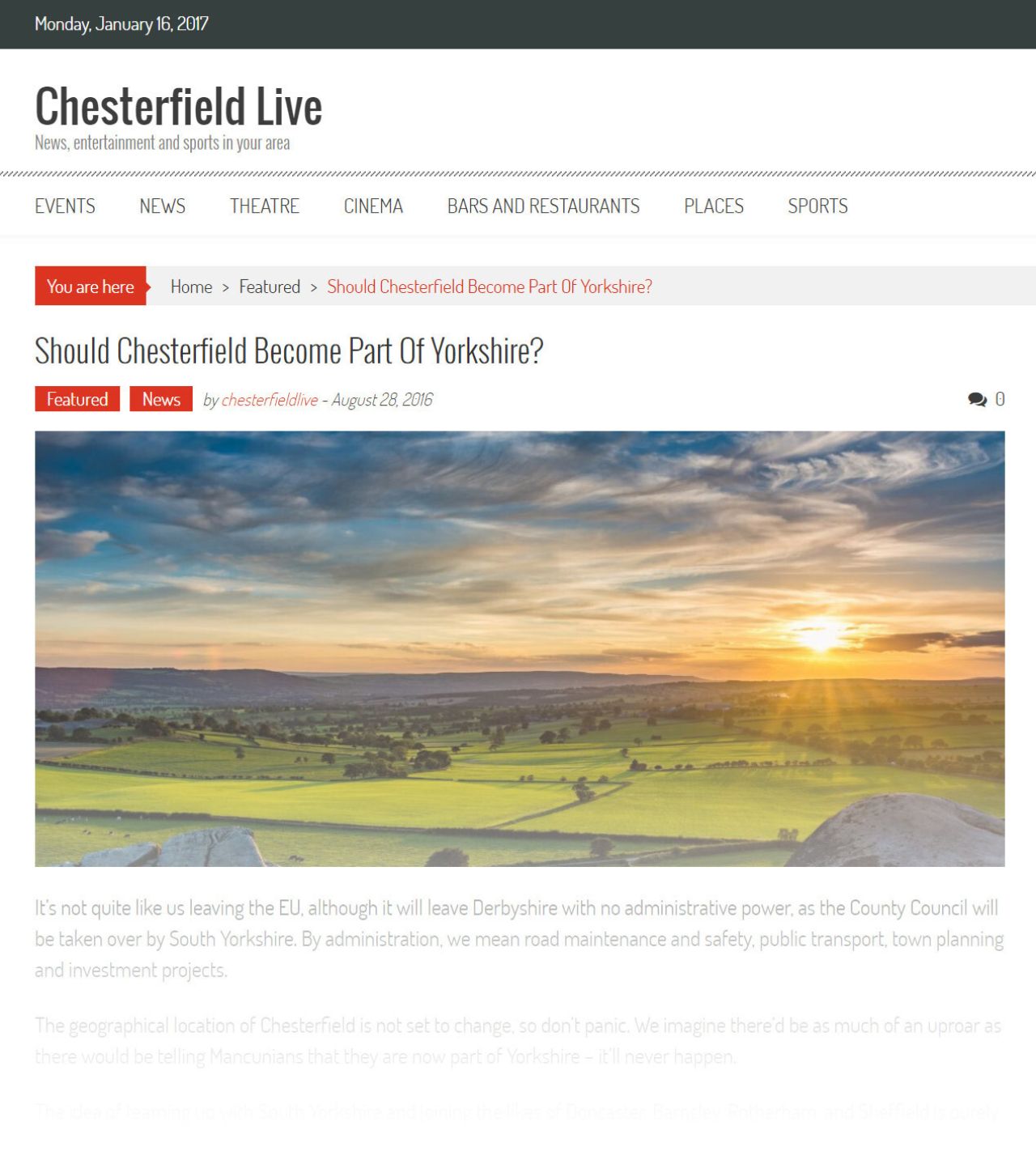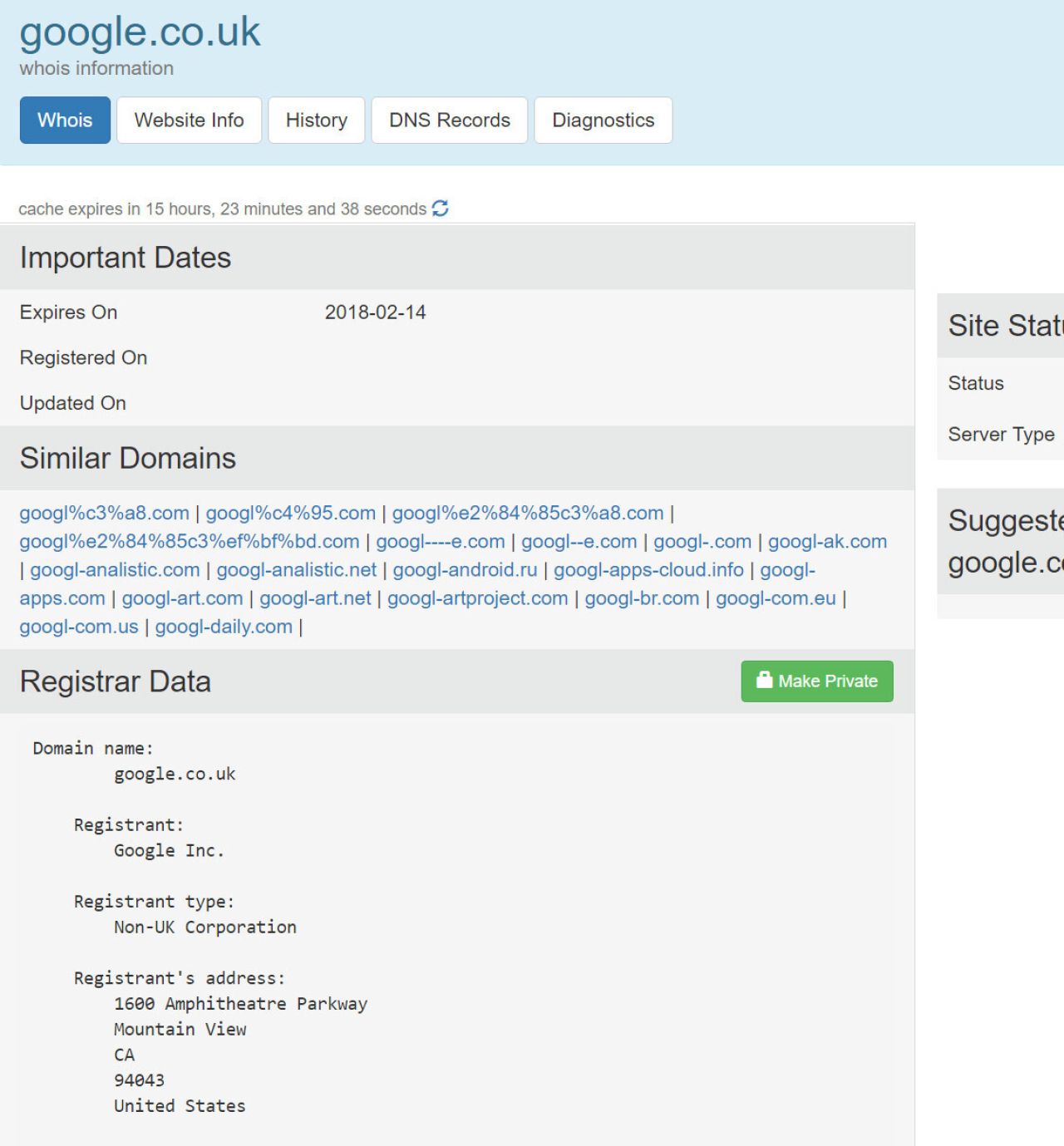How to find out who's using your photography online without permission
In the last couple of weeks I've noticed some of my fellow photographers have been complaining about people using their images without permission.
This has happened to me quite a lot in the past. People have used my photos without any permission or licencing on their websites. More annoyingly it's often businesses who are benefiting financially from the use of your image. This is essentially theft and it's not fair on the photographers.
I'm more than happy for non-profit organisations and individuals to use my work for blogs posts; if they ask for my permission first.
How to search for people using your images
The easiest way to find out who's using your images is to run a quick Google search with your image. There are two ways you can do this:
Go to Google's hompage and click on 'Images' in the top right-hand side,
or visit https://www.google.co.uk/imghp.
Then click on the camera icon:
You can then paste in a URL to your image, or you can upload one from your computer.
Or if you're using Google Chrome you can simply right-click an image and then click on 'Search Google for image':
Once your image has uploaded; Google will try and analyse the image to work out what the subject is. Sometimes they also provide links to "visually similar" images.
But the stuff we're interested in, is the results under "Pages that include matching images":
Digging through the search results
You can find some pretty interesting results whilst searching for your images.
Usually if you've uploaded your photo to a site such as Flickr; you'll likely see results for sites such as "flickriver" which just searches images on Flickr. I tend to ignore these and usually look out for domains that I don't recognise.
In this example I have found four websites using my photo which I know nothing about...
And when you dig a bit deeper it gets interesting...
The first culprit looks like a legitimate business selling holidays:
The second is a blog, that is using not one, but two of my images:
The final site I checked was another blog/news website using my photo for an article:
The most annoying part about this is; not one of these websites has even been bothered to credit me!
So what can you do?
Well, it's up to you.
I'm not qualified to offer legal advise but this is generally what I have done in the past:
If the image is just being used on a blog and it's clear that it's not being used for financial gain; I will generally give them a choice of two options:
- Add my name as a credit at the bottom of the image and a link to my website
- They take the image down
If it's a business I usually start by asking them how they've acquired the image. If they've clearly just ripped it of Flickr or my website, I will tend to negotiate a price with them to continue using the image. If they aren't willing to pay, I will usually ask them to take the image down within 14 working days. If they fail to take the image down I will invoice them for the use of the image.
I do all the above politely! I approach people in a friendly manner and I explain to them that they're using my image(s) without permission. They might not even realise that they're using your images without a licence or permission.
People don't always understand how copyright law works and how the law protects you. So take some time to read into your local laws.
Who do you contact?
First I will usually browse the offending website and look for any contact details. If it's a business they should at least have their address or a telephone number on there. If you're lucky they may also have a contact form or email address.
If you can't find any contact details, there are a few things you can do:
Company search
If it's a company and their name is clear on the website, you can just search for them on Google. You should be able to find their address on a website such as Companies House (UK Ltd companies).
Social media
If the website has a linked social media account such as Facebook or Twitter; you should be able to contact someone through there. Preferably through a direct message.
I don't recommend openly complaining to a company on social media where the public can see it. I would always suggest trying to speak to someone first.
Domain records
If you've failed to get anywhere with the other two options; then you can try this.
Each domain (such as www.google.co.uk) has to be registered to an individual or business. When registering for a domain you have to supply an address.
You can search for domain registration information by doing a "WHOIS" lookup. This will often point you in the direction of the domain owner.
To perfom a WHOIS lookup, you can use one of the many free website and tools such as https://who.is
All you need to do is enter the domain:
Click search, and then view the WHOIS info.
And you should then have an address for the domain owner.
In some cases the WHOIS information might be hidden or registered to a 'privacy protection' company. If this is the case you can contact them and explain the misuse of your content.
I have managed to find website owners by just finding the registrar's name and then looking for them on LinkedIn.
Final notes
I hope you have found this article interesting. You might be amazed to see how many people are stealing your images.
Just remember to be polite and cautious when contacting people who have used your work without permission. Also don't assume who you are contacting is liable for the use of your image. It could be one of their website's users.
Update February 2017
A few people on Reddit have pointed me in the direction of a website called pixsy.com which does a lot of work for you. It allows you to upload multiple images and even lets you connect your image hosting accounts to it such as Flickr. They'll then do the scanning for you and will even help you claim money back from websites that are using your images.
Disclaimer
Nothing in this post is given as legal advice. You should always seek legal advice from a professional. This post is only my opinion and thoughts. I accept no liability or responsibility for any damage or issues caused by your own actions.
This article may contain affiliate links. If you make a purchase through these links, I may earn a small commission at no additional cost to you. These commissions help support the content I provide.
